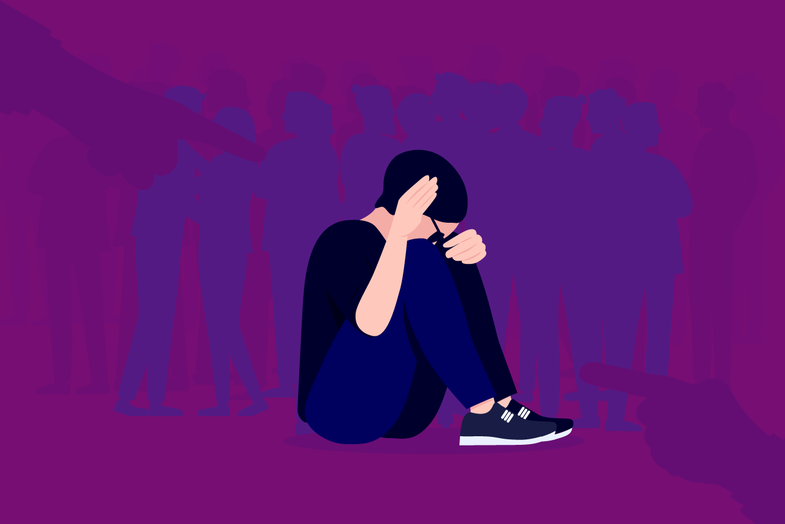
If you've ever felt ashamed of something you've done or something that's happened to you, you're not alone. Shame is a universal emotion that affects us all in one way or another. But what exactly is shame, and how can we better understand and manage this powerful emotion?
Shame is a deep feeling of worthlessness and failure, often resulting from feeling unworthy or valuable. Unlike guilt, which is related to our actions ("I did something wrong"), shame is related to our identity ("I am something wrong"). This feeling can cause a strong sense of isolation and self-doubt.
Why do we feel ashamed?
The reasons why we feel shame can be many and different for each individual. Some of the more common causes include:
Social and cultural norms
What our society deems acceptable or unacceptable plays a large role in creating a sense of shame.
Personal expectations
The standards we set for ourselves can be impossible to achieve, causing us to feel ashamed when we fall short.
Past experiences
Shame can stem from traumatic experiences or harsh criticism from others.
The effects of shame on mental health
Shame can have serious consequences for mental health, including anxiety, depression and social isolation. Shame can affect our relationships with others and negatively affect our self-esteem.
How do we deal with shame?
To cope with shame, it is important to take a step back and understand the source of this emotion. Here are some practical tips:
Accept and embrace your emotions
Accept shame as a natural part of the human experience and don't ignore it.
Talk to someone
Sharing your feelings with a trusted friend or a therapist can help alleviate feelings of isolation.
Self care
Practice self-care through activities that bring you joy and peace.
Challenge negative thoughts
Try to challenge the negative thoughts and create a gentler "conversation" with yourself.
Shame is a difficult emotion to deal with, but with time and effort, we can learn to live with it and not let it control our lives. Remember, every emotion has a purpose and helps us better understand ourselves and the world around us.
Suggested articles:





